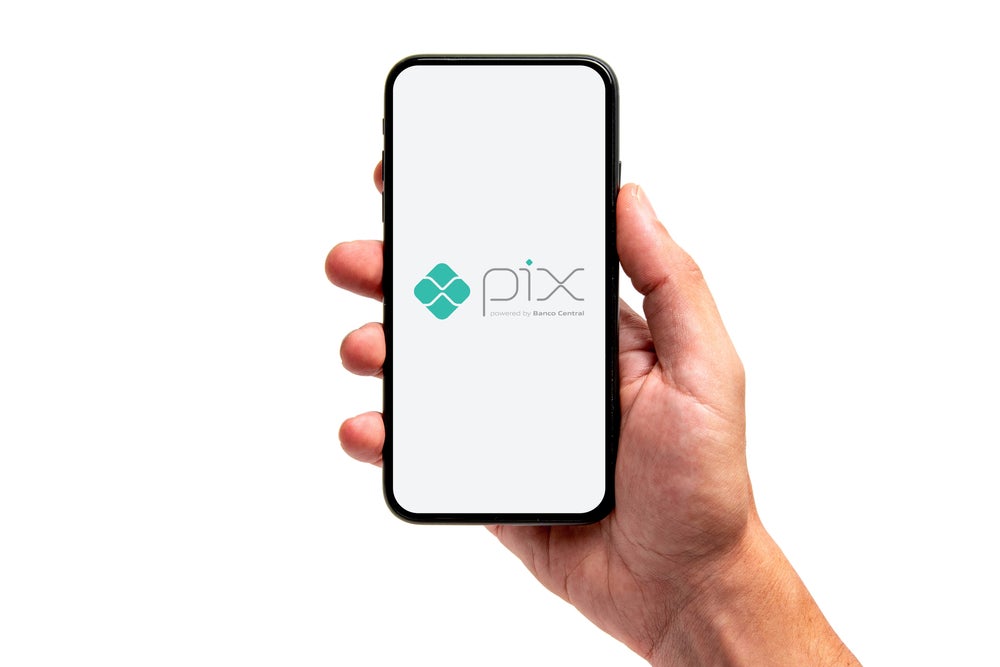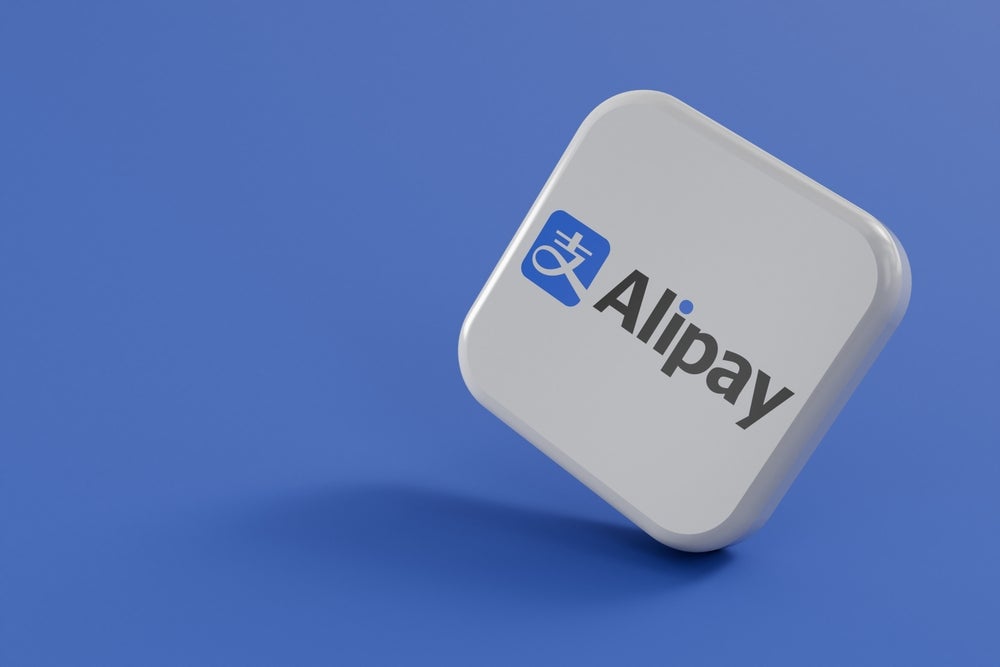Marcus Hughes, Director of Business Development, Bottomline Technologies, believes the payment sector will need stringent security measures in the coming year and beyond.

Though borders are becoming more opaque, the payments sector is working hard to ensure that both businesses and consumers have the tools to navigate the landscape with efficiency, transparency and security.
Open Banking will play a significant part in this, as will the advance of new technology and processes providing cross-border payments. Overall, I expect we’ll see a continued level of healthy disruption across the industry.
It’s safe to anticipate that Open Banking will have a larger impact on the business payments space than in the consumer space, and will soon reach a tipping point where the benefits of Open Banking to businesses will become too large to ignore. Under the new model, mid-corporates will gain easy access to the benefits of multi-bank payments and cash management, which historically have only been available to large and multinational corporations.
Alongside business buy-in, -collaboration and co-operation between providers will create hybrid solutions combining APIs (Application Programming Interfaces) and more traditional connectivity such as SWIFT and EBICS, making the long transition to an API economy easier.
How well do you really know your competitors?
Access the most comprehensive Company Profiles on the market, powered by GlobalData. Save hours of research. Gain competitive edge.

Thank you!
Your download email will arrive shortly
Not ready to buy yet? Download a free sample
We are confident about the unique quality of our Company Profiles. However, we want you to make the most beneficial decision for your business, so we offer a free sample that you can download by submitting the below form
By GlobalDataOnce this shift takes place, business and consumers will begin to see the effects; such as vastly reduced costs pay per transaction and, potentially, bypassing card payments altogether.
We are also likely to see the payments landscape being affected by the introduction of new payment instruments such as Request to Pay. This effectively combines an electronic invoice with flexible payment options, and will complement Direct Debits.
The process will make it easier and less expensive for utilities and big businesses to get paid by their customers, simultaneously providing flexibility and increased options to consumers.
We also anticipate the continued interplay between regulation, technology and industry confidence, with shifts such as Brexit and increased scrutiny over sanctioned payments playing a key role.
Cross-border payments
Over the next few years, cross-border real-time payments will become a reality, thanks to domestic real-time payments systems becoming more integrated with each other and a progressive modernisation of the underlying technology that powers payments between banks and market infrastructures.
With Brexit, U.K. small and medium sized businesses will find one-stop, multi-country payment and collection services to support their exciting new import and export markets beyond the European Union.
Payment security will remain paramount to boosting business and consumer confidence in making the shift towards openness and transparency. Above implementing transaction and behavior monitoring tools, we are likely to see a growing number of large corporates taking steps to protect themselves from reputational risk by taking responsibility for sanction screening their payments before submitting instructions to their banks.
On the regulatory front, the growing international adoption of a standard ISO20022 payment file format and SWIFT gpi for the tracking of cross-border payments will offer the global payments industry greater protection against financial crime.
Innovation in the payments landscape is dynamically moving towards a paradigm where businesses and consumers are provided with greater options for transparency, collaboration and convenience.
Confidence through stringent security measures and proven wins for early adopters are sure to drive the transition even further.







